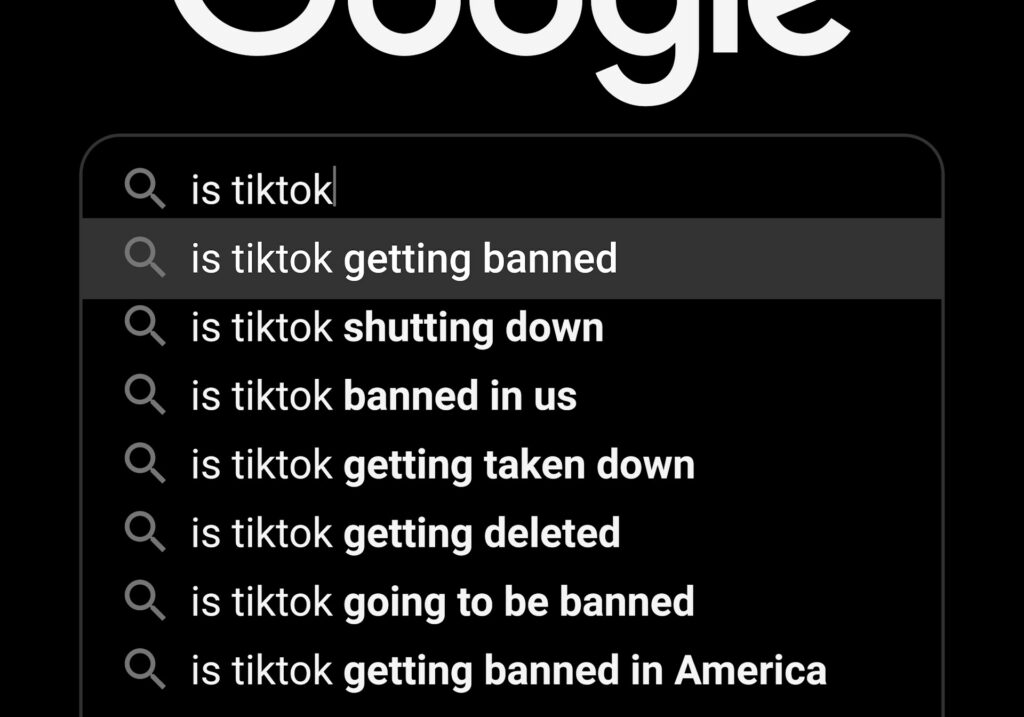A Discussion Regarding the Prohibition of TikTok in Additional Countries: What Is at Risk in the Year 2025?

A Discussion Regarding the Prohibition of TikTok in Additional Countries: What Is at Risk in the Year 2025?
In the year 2025, TikTok continues to be one of the most prominent social media platforms in the world. It is responsible for influencing trends, producing viral content, and providing nourishment to the creative economy. Nevertheless, despite the fact that it has an enormous amount of users, TikTok continues to be subject to political scrutiny and regulatory problems in a number of nations. Whether it be because of worries about data privacy and national security, or because of its influence on culture and youth, the discussion around whether or not TikTok should be banned is heating up once again.
In this article, the reasons why some are calling for bans are discussed, as well as the possible ramifications that this discussion may have for users, companies, and artists. Additionally, the study examines the bigger problems that this argument raises about the governance of social media in the digital era.
The Reasons Why TikTok Is Being Examined
Because of a number of significant issues, governments all around the globe are reevaluating the role that TikTok plays in society.
1. Risks to the Privacy of Data
TikTok gathers a significant amount of user data, which includes things like browsing patterns, information about devices, and geographical details. There are concerns over the potential for this data to be exploited or accessed by foreign actors, which raises concerns about the nation’s security.
2. Geopolitical Forces in Conflict
As a result of the fact that TikTok is owned by ByteDance, a firm with its headquarters in China, many countries are concerned that the platform may be affected by geopolitical agendas, which would result in friction about the influence of foreign entities in digital ecosystems.
3. Influence on Young People and Mental Health
The fact that policymakers and advocacy organizations are concerned about addiction, exposure to hazardous material, and mental health concerns among younger users has sparked disputes regarding whether or not TikTok creates a secure environment for users to interact with one another online.
4. Difficulties in the Moderation of Content
The platform is subject to persistent criticism for the way in which it handles material that is politically sensitive, spreads damaging trends, and contains disinformation. It is argued by regulators that insufficient moderation might make it possible for damaging narratives to proliferate unchallenged.
Countries that are contemplating or putting bans into effect
Several countries have implemented varied degrees of restrictions on TikTok over the course of the previous several years. More nations are reevaluating their position in 2025, with debates taking place about the following topics:
- In order to avoid possible security breaches, partial limitations on government gadgets are being implemented.
- There should be complete prohibitions on public use, such as the action that India took against TikTok in 2020.
- TikTok is subject to conditional limits that require it to either store data locally or come under more stringent inspection.
- Despite the fact that there are no indications that the discussion will calm down, the probability of regional bans or harsher controls continues to be strong.
The Arguments Against the Prohibition of
Critics of a ban claim that it might have catastrophic consequences, notwithstanding the fact that governments have legitimate concerns about the issue:
- TikTok is the source of revenue for millions of small companies and influencers, making it an essential platform for creators. The economy of creators in the impacted areas might be completely destroyed by a ban.
- Restricting access raises problems regarding censorship and freedom of speech in the digital world, which is associated with the concept of free expression.
- Disadvantages to Innovation: The prohibition of TikTok might restrict competition, so enabling established technology companies to dominate without being under any need to innovate.
- It is possible that restrictions will not be as effective as they were meant to be since users often discover workarounds using virtual private networks (VPNs).
Effects on Commercial Enterprises and Advertising
Through its algorithm-driven discoverability and short-form video content, TikTok has evolved into a potent marketing tool for businesses, delivering a unique reach to their target audiences. A prohibition would result in:
- Make it mandatory for companies to switch to alternate channels such as Instagram Reels, YouTube Shorts, or other growing alternatives.
- Put an end to agreements with influencers, particularly in areas where TikTok is the most popular platform for youth involvement.
- Reduce your exposure among younger demographics and members of Generation Z, who are the primary consumers of material on TikTok.
- Businesses need to understand the dangers of placing an excessive amount of dependence on a single platform and diversify their digital strategy.
What This Implies for Those Who Create
- The creators are the most important part of the TikTok ecosystem, and bans have a direct impact on their professional lives. The difficulty of reestablishing audiences in other places is faced by a great number of influencers who have built up big followings.
- Others are experimenting with new platforms such as Threads or developing regional applications, while others are already extending their operations over many platforms such as Instagram, YouTube, and Snapchat. The uncertainty has, in many respects, been the driving force behind a wave of multi-platform content strategies that have been developed to protect their livelihoods.
A Question of Digital Sovereignty That Across the World
The controversy surrounding TikTok is not limited to a particular app; rather, it encompasses broader concerns associated with digital sovereignty, global competitiveness, and platform responsibility. In order to determine if the advantages of open digital ecosystems exceed the hazards of applications controlled by foreign entities, nations need to make a decision.
During this discourse, several challenging issues are raised:
- The applications that people are allowed to use should be under government supervision.
- Does the act of blocking platforms constitute a true security solution or a political attempt?
- How do we strike a balance between innovation and regulation in a world that is all interconnected?
What Lies Ahead for TikTok in the Year 2025 and Beyond
A number of things will determine the future of TikTok:
- Regulatory Compliance: In order to alleviate worries, the platform could implement more stringent standards regarding the storage of data and transparency.
- Platform Diversification: If prohibitions are expanded, it is possible that competitors such as Instagram and YouTube, as well as developing applications, will begin to flourish.
- User Adaptability: Audiences not only have the ability to move to other platforms, but they also have the capacity to reject constraints by working around them.
- Decisions Made by the Government: In the end, the continuation of TikTok in specific locations is contingent on developments in political and diplomatic affairs.
The discussion around the possibility of TikTok being banned in other countries in 2025 sheds light on the interaction of technology, politics, and society. While it is impossible to overlook the fact that there are worries about safety and security, there is also the possibility that prohibitions may restrict free speech, stifle innovation, and disrupt the lives of millions of artists.
As the discussion continues, one thing becomes abundantly clear: TikTok is more than simply a social media app; it exemplifies the power conflicts that are characteristic of the digital era. In this age, platforms, governments, and users are continually required to renegotiate trust, freedom, and responsibility.







